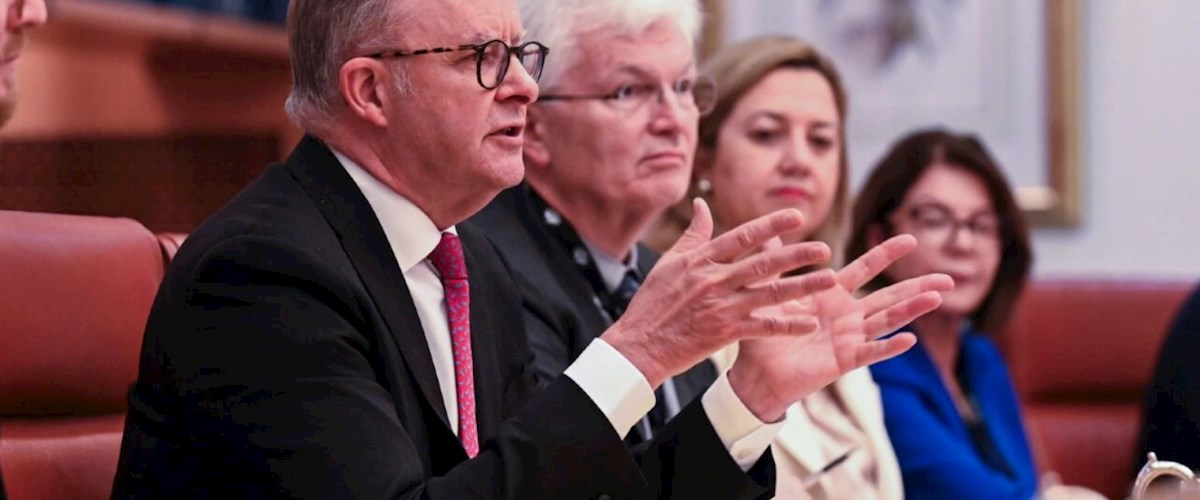Thu 7 December 2023
SHPA welcome National Cabinet healthcare funding announcements
The Society of Hospital Pharmacists of Australia (SHPA) has today welcomed announcements of another $1.2 billion for Strengthening Medicare response and delivery of more Urgent Care Clinics, and other healthcare funding and reform announcements by Prime Minister Anthony Albanese after yesterday’s National Cabinet meeting with First Ministers.
SHPA President Tom Simpson notes strategies to improve the efficiency of the healthcare system will require pharmacist expansion in scope of practice.
‘We need to keep Australians out of hospitals as much as possible for our healthcare system to be sustainable now and into the future.
‘Our members see the impacts of an ailing healthcare system that is increasingly not fit-for-purpose and not meeting the needs of their communities. They know patients are struggling to be seen in a timely manner, as confirmed by the report from the Australian Institute of Health and Welfare, and patients are coming into hospital with more advanced disease compared to prior to the pandemic.
‘We are pleased that the Prime Minister is talking about implementing hospital avoidance programs for older Australians, given the majority of the 250,000 medication-related hospital admissions each year involve older Australians, and up to half of these are preventable.
‘It is unfortunate we continue to see the impact of the shortcomings of the primary care system for older Australians when they end up in hospital for preventable reasons.
‘A key strategy will be to improve medication management programs for older Australians in primary care and to target them appropriately. As the sector that bears the brunt of the current shortcomings, we look forward to informing the design and structure of any future programs with all the learnings we have from hospital pharmacy-led hospital avoidance programs.
‘The Prime Minister also mentioned supporting older Australians through earlier discharge from hospital, which provides an even greater impetus for pharmacists to practice to the top of their scope and be fully enabled to prescribe medicines in collaborative settings.
‘Pharmacists are already prescribing in the inpatient setting and preparing hospital discharge prescriptions, and have shown to be safer, more accurate and timelier than standard care, while also freeing up medical capacity.
‘If we are to discharge patients earlier from hospital and reduce the length-of-stay, pharmacist-led prescribing practices on discharge need to be expanded through all Australian hospitals.
Partnered Pharmacist Medication Charting initiatives have been evaluated to reduce admission lengths by at least 10%, extrapolating this to the 4.3 million overnight admissions could save over two million bed days.’
National Cabinet also endorsed the Commonwealth increasing National Health Reform Agreement contributions to 45 per cent over a maximum of a 10-year glide path replacing the 6.5% funding cap with a cumulative cap over the period 2025.
Mr Simpson says, ‘While there is not much detail yet, this is a promising announcement as the 6.5% funding cap has been a significant handbrake on the number of pharmacist-led outpatient clinics which are all aimed to keep Australians out of hospital, managing their specialist or complex medicines in the outpatient setting and making our healthcare system more sustainable.’


